Not just Boracay...
Kyoto Introduces Higher Hotel Taxes in 2026: What Travellers Need to Know
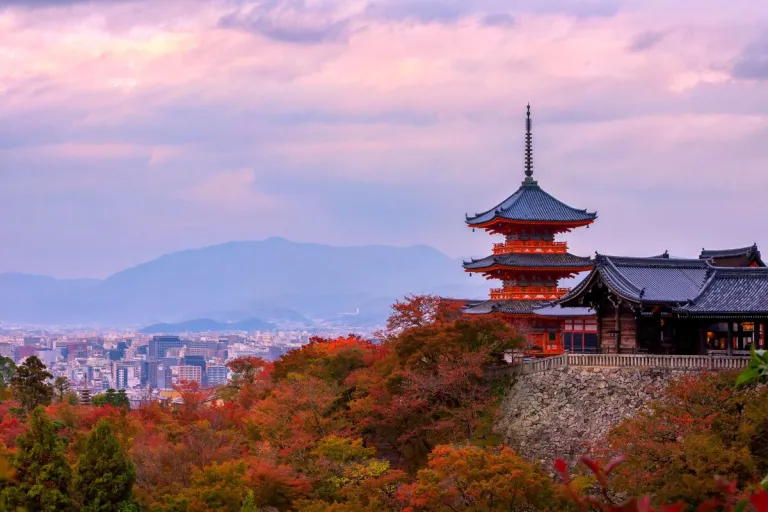
Kyoto, Japan’s cultural heart and a global travel favourite is making waves with a new policy that will impact travellers starting in 2026. The city, famed for its tranquil temples, charming streets, and vibrant cultural heritage, has announced an increased hotel tax that could reach up to 10,000 yen (S$86.90) per person, per night. This move is part of Kyoto’s efforts to address over-tourism, conserve its historic charm, and fund vital infrastructure improvements.
For years, Kyoto has drawn millions of visitors annually, particularly after the lifting of pandemic restrictions. Its UNESCO World Heritage Sites, traditional tea houses, and serene gardens make it a bucket-list destination. However, this popularity has come at a cost. Overcrowding, strain on local resources, and the need for ongoing preservation have pushed the city to rethink how it balances tourism and sustainability.
But what does this mean for you as a traveller—especially if you’re a Muslim tourist looking for halal-friendly options or culturally sensitive experiences? Let’s dive into the details of this change and how it could shape your Kyoto adventure.
Why Is Kyoto introducing a higher hotel tax?
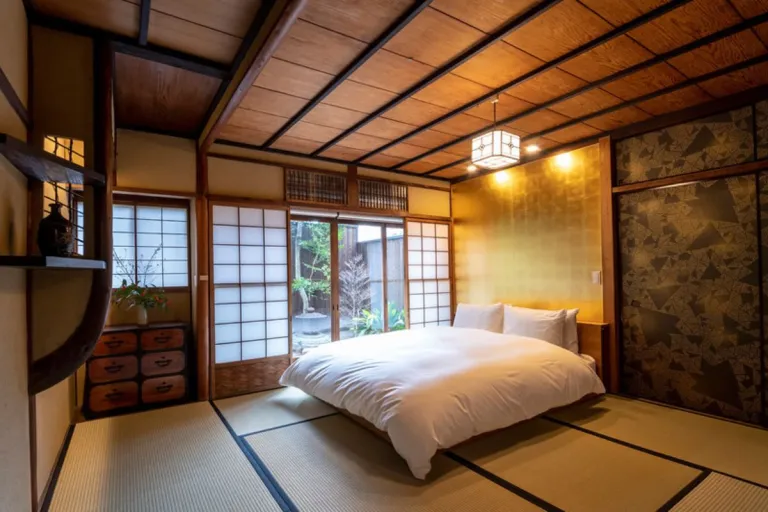 Image credit: insidekyoto | Official Website
Image credit: insidekyoto | Official Website
Also read: 8 New Japan Travel Tips in 2025 You Need to Know
The hotel tax isn’t just about revenue—it’s about preserving Kyoto’s identity. Tourism has undeniably boosted the local economy, but it has also brought challenges, including overcrowded streets, overstressed public transportation, and increased wear and tear on historic sites.
To address these issues, Kyoto’s government has decided to raise hotel taxes to protect historical sites and manage visitor flow more effectively.
Previously, Kyoto’s 2018 accommodation tax system included three tiers: a 200 yen (S$1.75) tax on rooms priced below 20,000 yen (S$174) a night; a 500 yen (S$4.35) tax on rooms priced between 20,000 and 49,999 yen (S$174 – S$435) per night; and a maximum 1,000 yen (S$8.70) tax on rooms priced above 50,000 yen (S$435).
The new system will introduce five tiers based on accommodation price, with those staying in rooms priced between 20,000 and 50,000 yen (S$174 – S$435) per night seeing their tax per person double to 1,000 yen (SS$8.70). The highest tax rate, now 10,000 yen (S$87), will apply to accommodations that cost 100,000 yen (S$870) or more per night. These changes are set to take effect in 2026, pending approval from the city assembly.
How does this impact Muslim travellers?
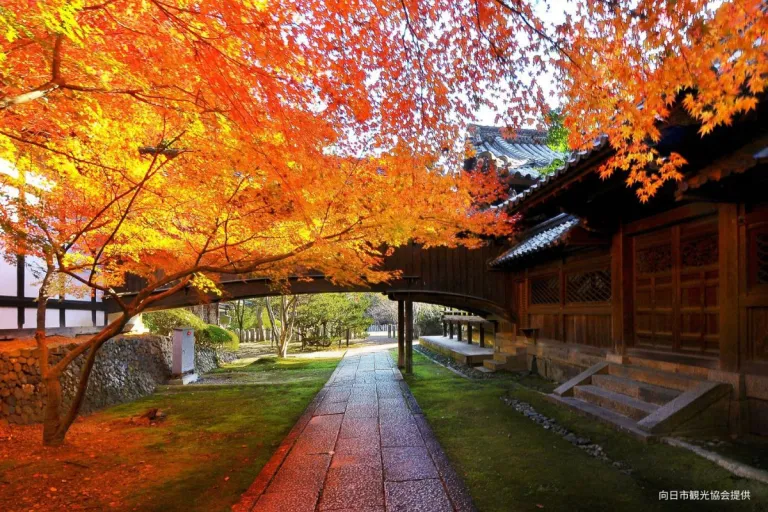 Image credit: Enjoy! OSAKA KYOTO KOBE | Official Facebook
Image credit: Enjoy! OSAKA KYOTO KOBE | Official Facebook
Kyoto has steadily grown as a Muslim-friendly destination, with an increasing number of halal-certified restaurants, prayer spaces, and accommodations catering to the needs of Muslim travellers. However, the tax hike means travellers—regardless of their preferences—will need to budget more carefully.
The new taxes may also incentivise exploring more affordable or less crowded areas, opening doors to hidden gems beyond Kyoto’s tourist hotspots. For Muslim travellers, this could mean discovering smaller towns with local halal options or scenic spots that offer a quieter, more personal connection to Japan’s culture.
A step toward sustainable travel
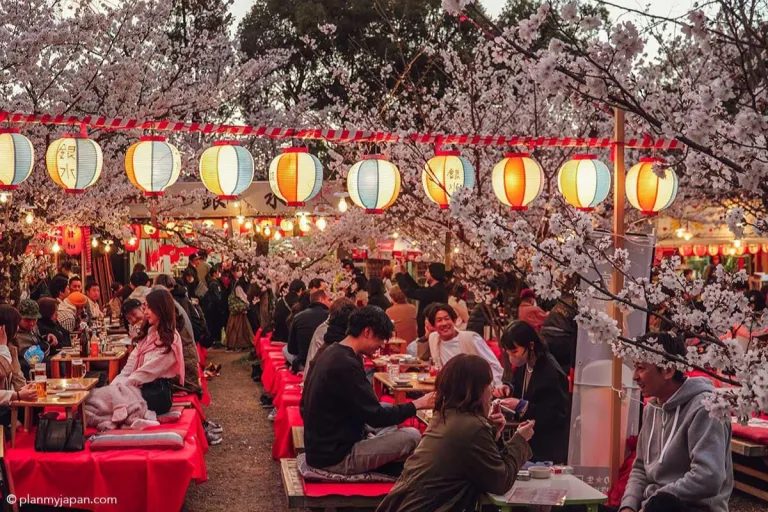 Image credit: planmyjapan | Official Website
Image credit: planmyjapan | Official Website
The increased tax aligns with global efforts toward sustainable tourism. Kyoto isn’t just taxing visitors—it’s reinvesting in the city’s future. From maintaining public spaces to funding eco-friendly transportation options, these initiatives aim to create a more harmonious experience for residents and tourists alike.
That said, Kyoto will need to balance its approach. Raising taxes alone won’t fully resolve the challenges of over-tourism. The city will also need to promote off-peak travel, enhance lesser-known attractions, and continue working on inclusive tourism policies to welcome diverse travellers.
How to maximise the Kyoto experience?
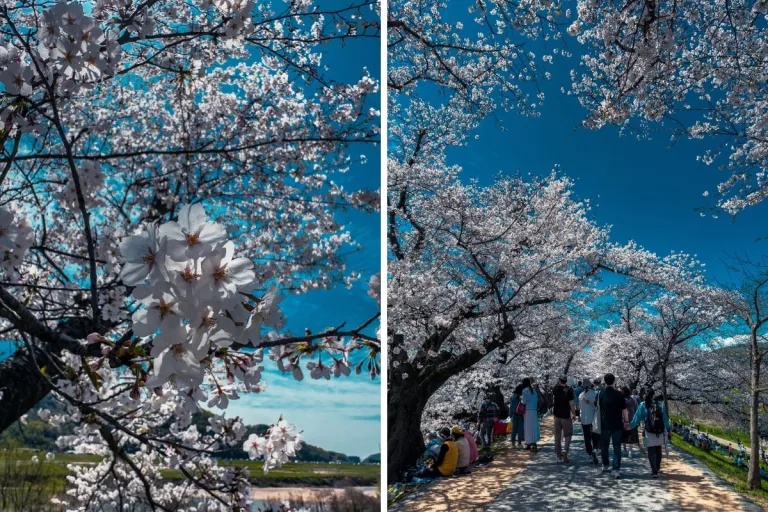 Image credit: Reza Rahmadani | Official Facebook
Image credit: Reza Rahmadani | Official Facebook
Also read: Cherry Blossom Season in Japan: Top Places And Dates to Visit in 2025
Travelers planning a visit to Kyoto in 2026 or beyond can take several steps to enhance their experience while navigating the city's new hotel tax system. Visiting during the off-season is a practical way to avoid peak crowds, reduce expenses, and enjoy a more tranquil atmosphere. Exploring lesser-known attractions, such as smaller temples, serene gardens, or nearby towns, can provide a refreshing perspective on Kyoto’s charm beyond its well-trodden highlights. Additionally, factoring in the increased hotel taxes and other levies, such as onsen or transportation taxes, into the travel budget is essential for avoiding surprises. For Muslim travellers, using resources like halal restaurant guides and mobile apps can help locate halal-certified dining options and prayer facilities, ensuring a comfortable and culturally sensitive stay in this historic city.
Published at
About Author
Aimi Zulkiflee
Subscribe our Newsletter
Get our weekly tips and travel news!
Recommended Articles
10 Best Halal-Friendly Destinations in The Philippines for Muslim Travellers 10 Best Places for Muslim Travellers to See Tulip Festivals in 2025 Fun Fact: Tulips didn’t actually come from the Netherlands but Türkiye!
10 Halal Anime Food Guide for Muslim Travellers in Japan Muslim-friendly versions of popular anime dishes across Japan!
Top 10 Popular Muslim-Friendly Destinations to Visit in 2025 Our schedules are packed, buddies!
10 Halal Restaurants in Bangkok to Satisfy Your Thai Cravings From Korean-style BBQ and Punjabi curries to award-winning shrimp Pad Thai, take your pick from these amazing Halal restaurants in Bangkok.
Latest Articles
Halal Guide to Ride Japan’s First Bus-Train Hybrid Through Shikoku This Spring Japan is living in 2050 for real!
Woman Blocks High-Speed Train with Leg in China Just to Wait For Her Late Friends So unclever to delay a train using LEG!
Springtime in Busan: Where Muslim Travellers Can Soak in Nature’s Best This is how we enjoy springtime in Busan the halal way!
Lake Toba: A Guide for Muslim Travellers to North Sumatra's Stunning Lake From stunning lake, rich culture, to delicious food.
Sano: A Muslim-Friendly Getaway Near Ashikaga’s Wisteria Festival A combination of interesting activities and Halal food.

